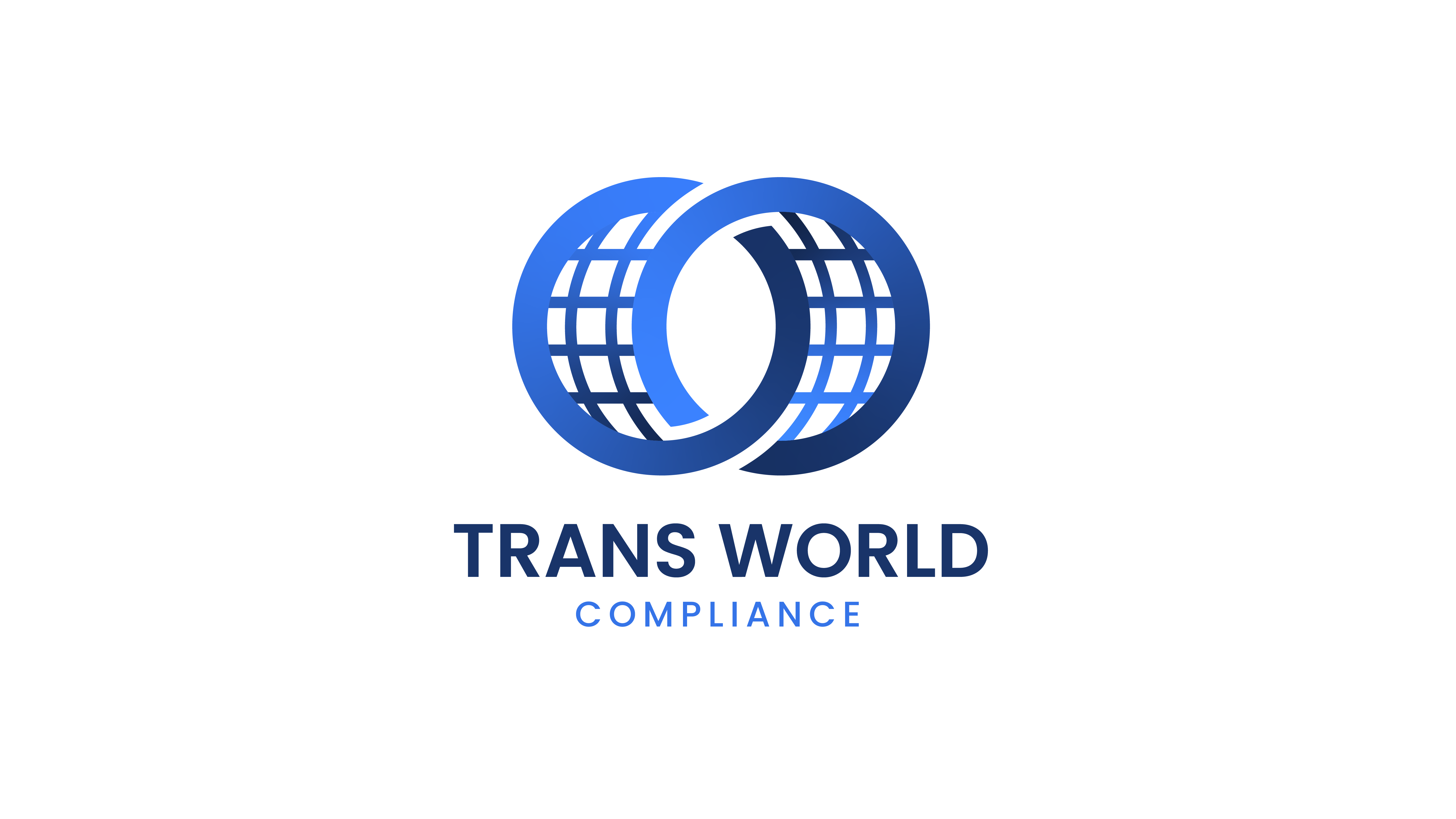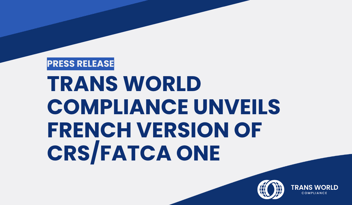Overcoming CRS and FATCA Challenges for LGBT-Owned Businesses
Compliance with international tax regulations like the Common Reporting Standard (CRS) and the Foreign Account Tax Compliance Act (FATCA) is essential for businesses operating globally. However, LGBT-owned companies often face unique hurdles in this area. Understanding these challenges is crucial for fostering an inclusive and supportive environment for LGBT entrepreneurs.
Complexity and Resource Constraints
CRS and FATCA regulations are notoriously intricate, involving detailed reporting requirements and strict compliance standards. These rules aim to combat tax evasion by requiring businesses to report financial information to tax authorities. Interpreting and implementing these requirements can be overwhelming for small or newly established LGBT-owned businesses. Compounding this issue is limited access to economic resources needed to hire compliance experts or legal counsel with expertise in international tax regulations. Without dedicated compliance resources, these businesses may struggle to stay compliant, increasing the risk of penalties and financial repercussions.
Bias and Discrimination
Discrimination and bias in the financial industry can pose significant barriers for LGBT-owned businesses. These businesses may face prejudice when seeking compliance advice or services, leading to difficulties accessing the necessary support. Bias can manifest in various ways, from overt discrimination to more subtle forms of exclusion, all of which hinder the ability of LGBT entrepreneurs to comply effectively with CRS and FATCA.
Data Privacy Concerns and Global Variations
Data privacy is a critical concern for LGBT-owned businesses, particularly in regions where LGBT rights are not fully protected. The requirement to report financial information under CRS and FATCA can raise fears about the misuse or exposure of sensitive data. LGBT business owners may worry about the potential repercussions of their data being mishandled or leaked, which could result in discrimination or harm. Furthermore, CRS and FATCA regulations vary by country, adding another layer of complexity for LGBT-owned businesses operating internationally. These businesses must adhere to different compliance requirements in each jurisdiction, which can be particularly challenging if they face legal obstacles or discrimination in certain regions.
Limited Customized Guidance and Financial Institution Collaboration
Many compliance resources and training programs are not designed with the specific needs of LGBT-owned businesses in mind. This lack of tailored guidance can make it harder for these businesses to understand how to comply with CRS and FATCA in the context of their unique circumstances. LGBT entrepreneurs need access to resources that address their specific challenges and provide clear, actionable advice. Additionally, collaboration with financial institutions is essential for CRS and FATCA compliance. However, LGBT-owned businesses might face challenges in establishing these relationships if they encounter discrimination or bias from financial institutions. Building a supportive network of financial partners is crucial for successful compliance. Yet, bias can hinder this process, leaving LGBT businesses at a disadvantage. 
Addressing the Challenges
Addressing these challenges through specialized resources, inclusive policies, and advocacy is essential to support LGBT-owned businesses in managing CRS and FATCA compliance. Here are some strategies to consider:
Access to Specialized Resources: Developing and providing access to compliance resources designed explicitly for LGBT-owned businesses can help bridge the knowledge gap and offer practical guidance.
Overcoming Bias and Discrimination: Advocacy for inclusive practices within the financial industry is crucial. LGBT entrepreneurs can benefit from networks and organizations that promote equality and provide support against discrimination.
Enhancing Data Privacy: Strong data protection measures can help alleviate privacy concerns. Businesses should work with compliance experts to ensure sensitive information is securely managed and reported.
Navigating Global Compliance: LGBT-owned businesses can benefit from expert advice on managing the varying compliance requirements across different jurisdictions. Building a network of international compliance professionals can offer valuable insights.
By addressing these challenges, we can create a more inclusive and supportive environment for LGBT-owned businesses, enabling them to thrive while meeting their compliance obligations.
Support and Solutions at Trans World Compliance
At Trans World Compliance, we strive to create a safe and inclusive environment for all businesses. Our policies embrace diversity and are committed to supporting LGBT-owned businesses with their CRS and FATCA reporting needs. We understand the unique challenges LGBT entrepreneurs face and are here to provide the guidance and resources needed to overcome them. Our team is dedicated to ensuring that every individual receives the assistance and support they need to meet their compliance obligations confidently.
Conclusion
LGBT-owned businesses face unique hurdles when dealing with CRS and FATCA regulations, but understanding these challenges and finding the proper support can make a big difference. By offering specialized resources, promoting inclusive practices, and ensuring data privacy, we can help these businesses succeed. At Trans World Compliance, we are committed to creating a welcoming and supportive environment where diversity is embraced and every company can find the help it needs. Together, we can work towards a future where compliance is straightforward and accessible for everyone.




